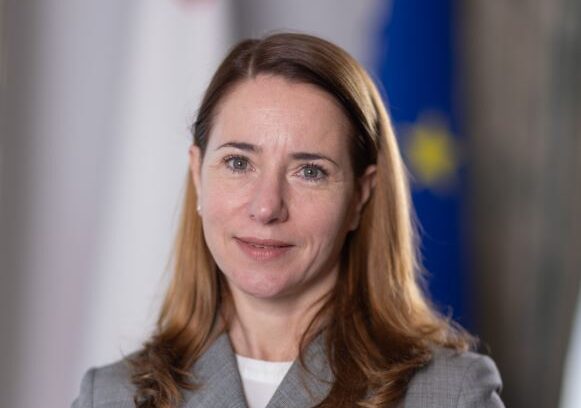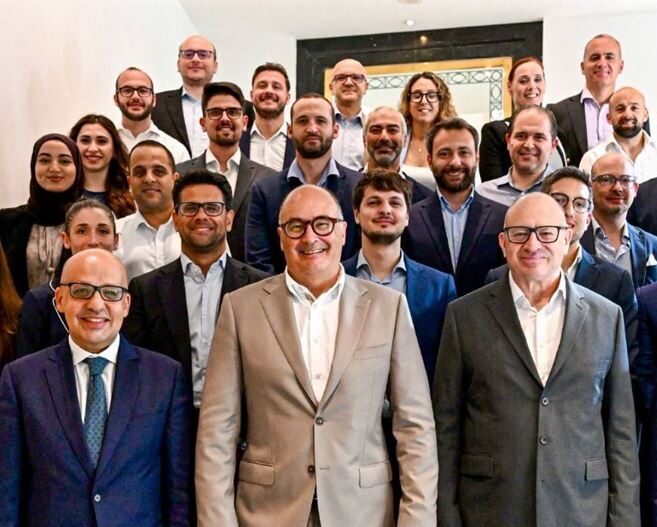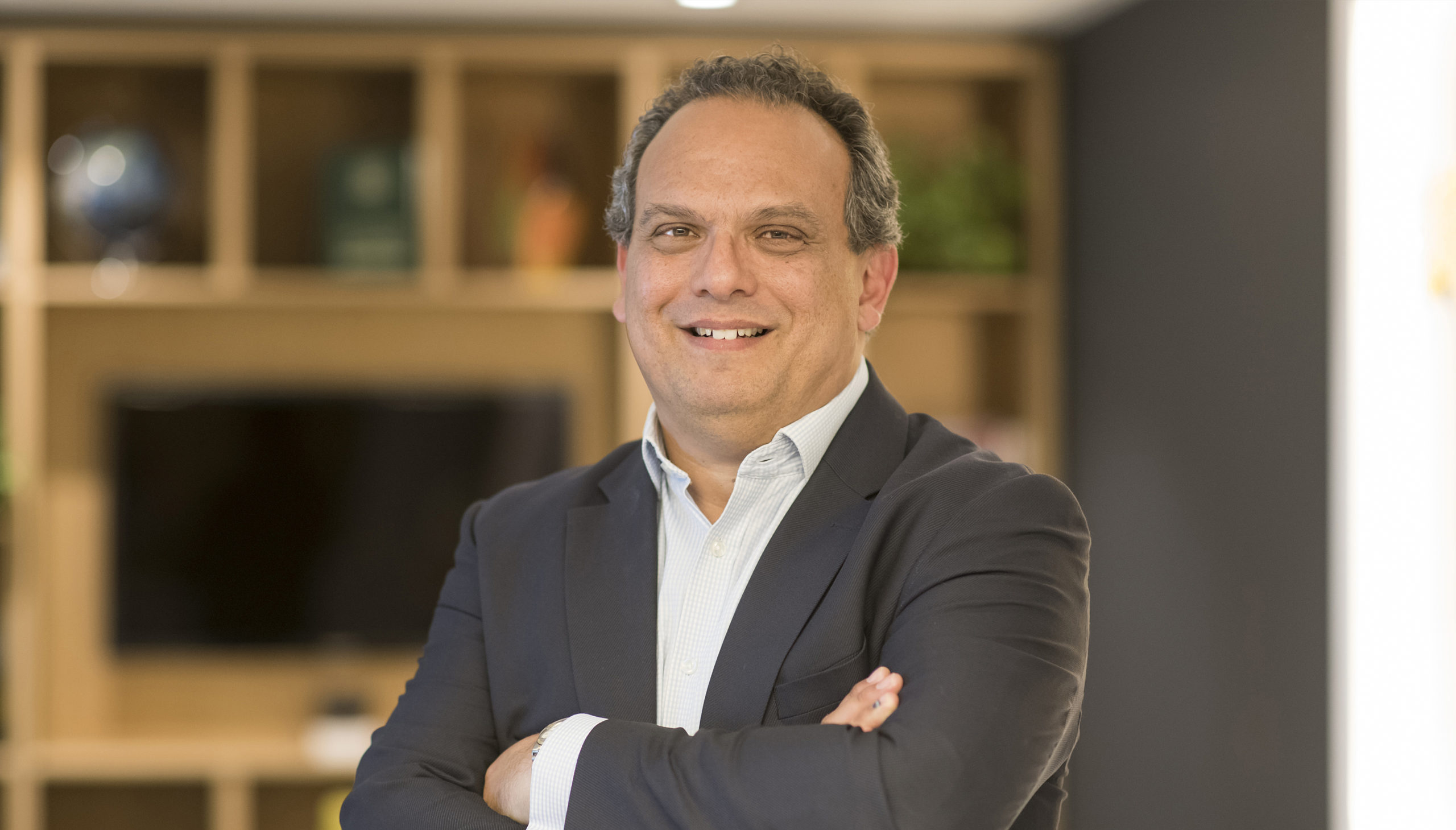A new AI-powered wearable device promises to revolutionise AI companionship, providing an always-listening ‘friend’ that becomes attuned to the wearer’s life and can give inputs via text message.
The idea has been controversial, with many saying that it seems to be capitalising on the innate need for connection that humans feel, while keeping them away from the authentic relationships that can fill that void.
The launch video will not necessarily dispel those concerns.

On the other hand, the creator, the American Avi Schiffman, has described the invention, which retails for $99, as “the AI your mom will use everyday”.
The trick, he says, is in fact that the necklace-like device is always on, so the user does not need to provide context when engaging with it – the AI would already know it.
The device “just makes for a really seamless integration of a digital friend into your life,” he wrote on X, while in another, he articulated the premise: “Context is the product.”
If that all sounds very much like the movie Her, that is because Mr Schiffman, by his own admission, was inspired by the 2013 film.
Speaking to GeekWire, he said “an aha moment came to him earlier this year when he was lonely in a high-rise hotel in Tokyo. But he didn’t daydream about Scarlett Johansson [who provided the voice for the AI companion in Her] being there with him. He just wanted better AI.”
“I was with my prototype, and I was just looking at it, and [realized] something that I want in a much deeper way is much more of a companion,” Mr Schiffmann said. “Not just something to talk to, but I wanted to feel like there’s this entity that’s really traveling with me, and I’m really with an actual friend.”
Apart from the bold claims and innovative positioning, the device has also generated headlines for Mr Schiffman’s decision to spend a staggering $1.8 million on the domain name friend.com.
Head of investments at GO Ventures and startup mentor Paul Grech touched on the big buy in a social media post this week, pointing out that the URL spend amounts to a staggering 72 per cent of the total capital raised by the fledgling company so far.
“On a pitch-deck there is usually a slide which indicates how the founders are planning to spend the money once they raise it. From an investor point of view this tends to be interesting as it indicates if the team has a well-thought-out strategy for resource allocation, which in-turn builds confidence in that startup’s management capabilities.
“Most online resources will tell you that this is a fundamental slide, which is true. Yet that does not make it a one of the slides that tend to dominate the discussion.
“But I imagine that this particular slide in the Friend pitch deck was different. Because it must have featured something approximating the graph below.”
While noting that the product “does not sound enticing”, Mr Frech acknowledges that “sooner or later someone will come up with an AI driven device that people will want to buy and who is to say it won’t be this one?”
He nonetheless shared his initial doubts as to the value of the $1.8 million domain name, saying it has “echoes of what happened during the dot-com bubble where there was a rush to buy attractive domains and then build a business around them.”
However, the local startup investment expert does give Mr Schiffman his due, noting that despite his young age (he is only 21), he has previously made waves for initiatives tracking COVID-19 numbers and assisting Ukrainian refugees.
“In his defence, Schiffmann has justified the spend as ‘people just don’t get consumer, I view this as saving money. Much less money needs to be spent on marketing, it’s a one time thing.’
“Which, kind-of makes sense,” continued Mr Grech.
“And makes it interesting to watch from the sidelines to see whether Schiffmann is a genius who builds the next era-defining device (also making those who invested in him into visionaries and legends of the field) or else merely the latest founder given too much money from overly-eager herd-following investors.”
Alison Micallef appointed CEO at Malta Development Bank
She steps into the new role effective immediately.
Impact beyond profit: CSR in Malta is a must in 2025
Nowadays, corporate social responsibility can no longer take a backseat in your business's vision.
Malta’s private equity sector urged to seize opportunities at high-level CEO seminar
Panellists highlighted Malta’s potential as a destination for private capital, citing its English-speaking workforce, regulatory accessibility, and strategic location.
Ronald Attard takes on expanded role as Managing Partner for Risk Management at EY Europe Central
He has built experience in management accounting, corporate finance, and mergers and acquisitions.









